The American Dental Association adopted policy to support use and administration of HPV vaccine for the prevention of oral HPV infection
On Oct. 25, 2018, the American Dental Association adopted a policy to support the use and administration of…
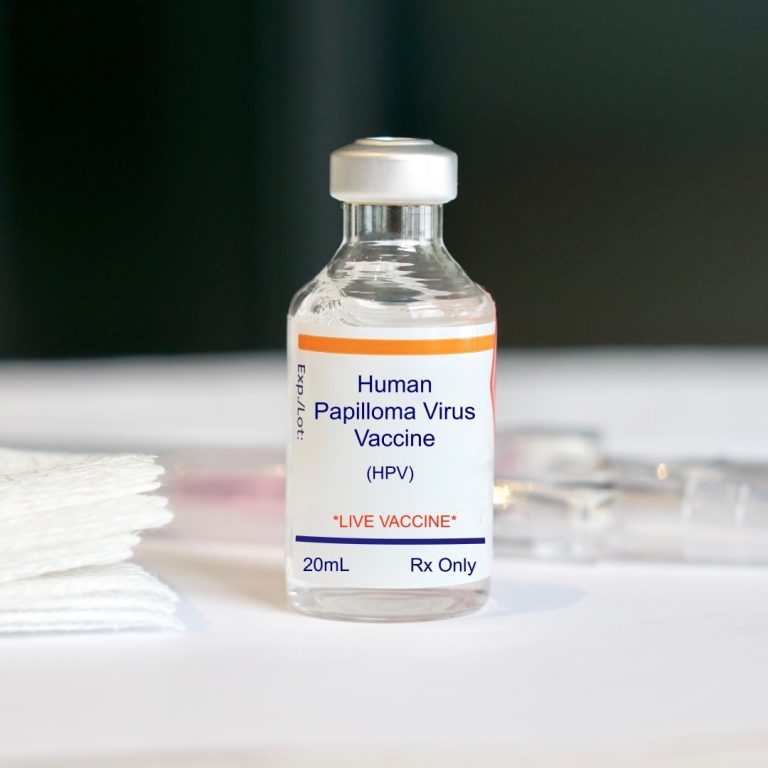
On Oct. 25, 2018, the American Dental Association adopted a policy to support the use and administration of…
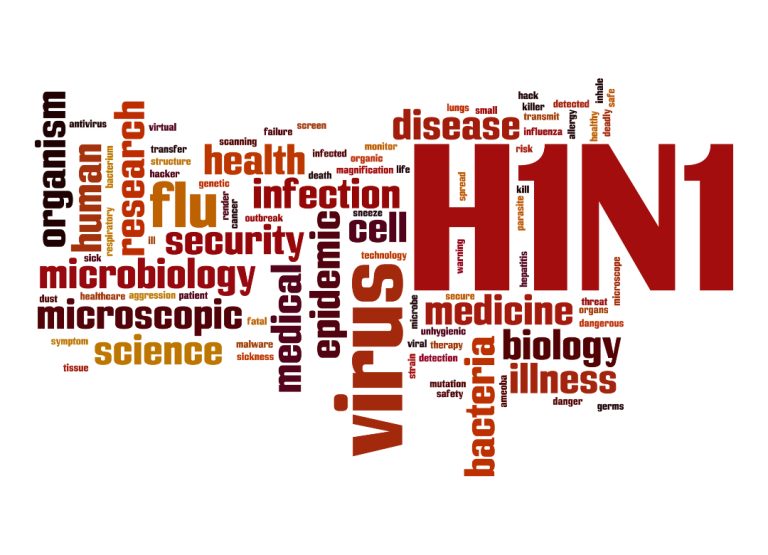
On Oct. 24, 2018, the U.S. Food and Drug Administration (FDA) announced it had granted approval of Xofluza…
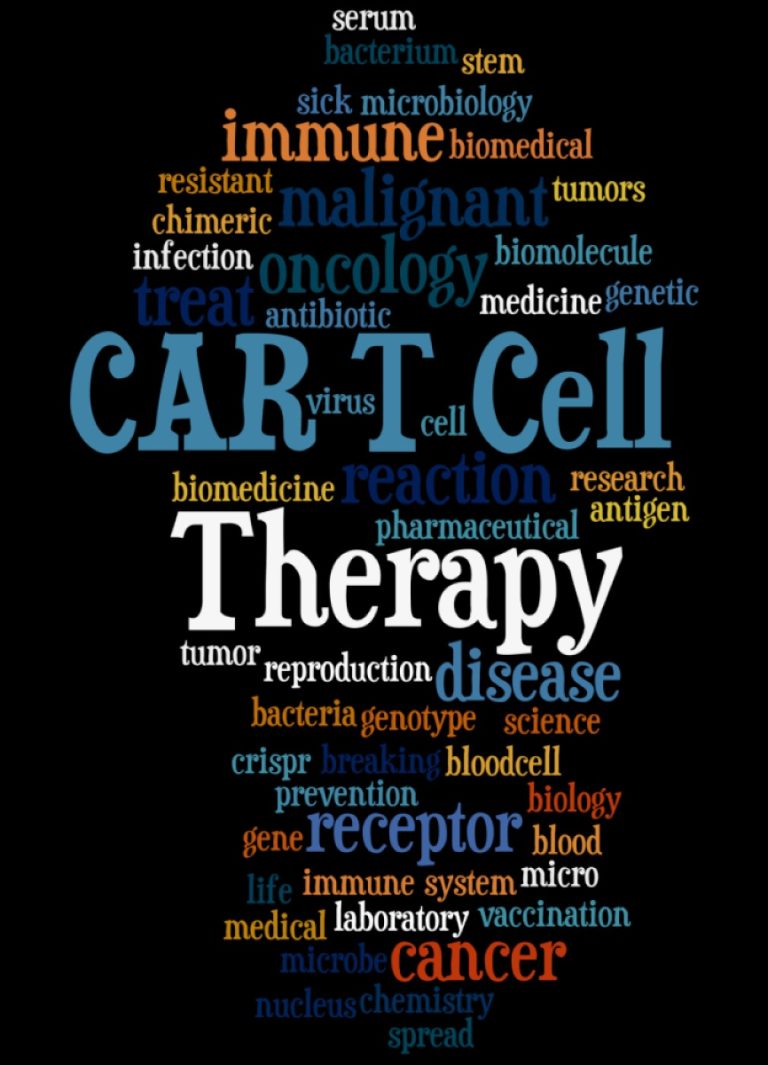
On Oct. 22, 2018, the National Cancer Institute (NC) awarded a $10.7 million five year grant to Abramson…
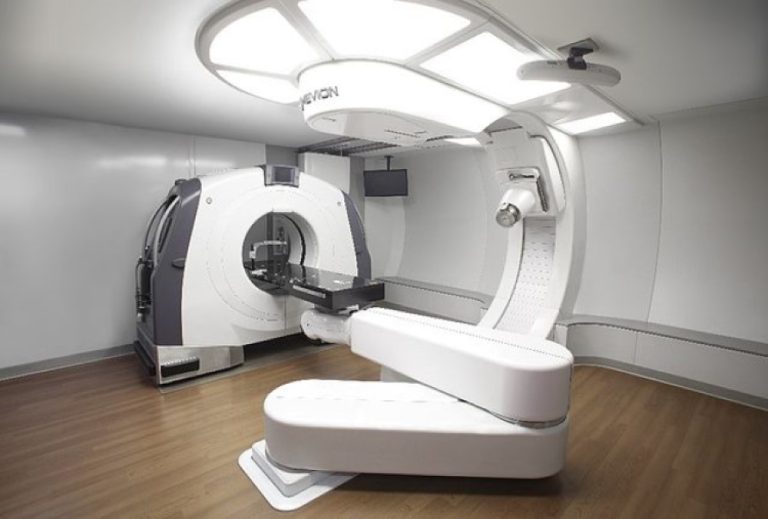
On Oct. 22, 2018, the Siteman Cancer Center announced a second proton therapy system that would incorporate pencil-beam…
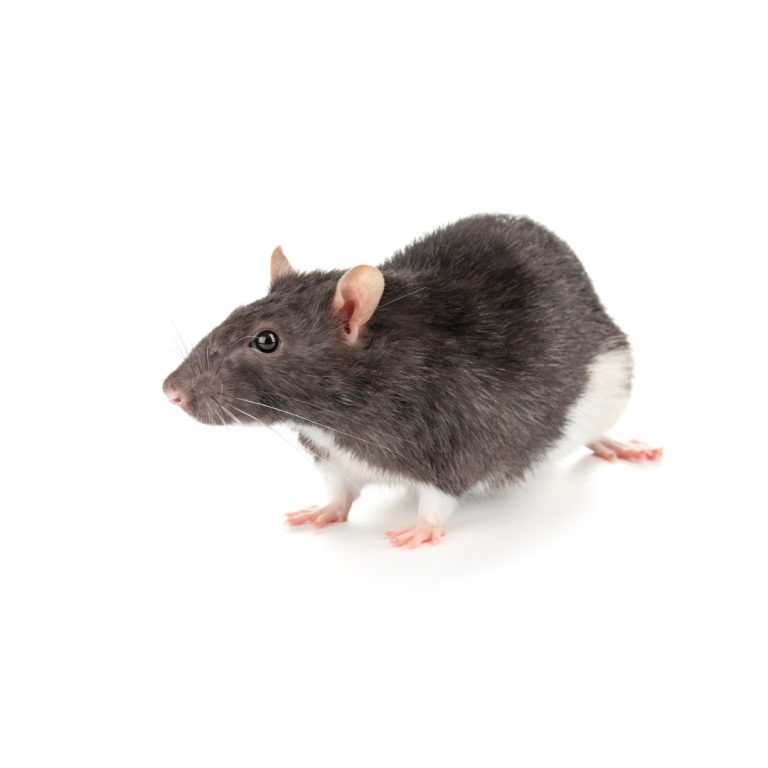
On Oct. 18, 2018, an international team of researchers reported that a surge in Lassa fever cases in…

On Oct. 16, 2018, Discovery Life Sciences expanded by merging with Conversant Bio, Folio Bio, and Phylogeny to…

On Nov. 9, 2918, the U.S. Centers for Disease Control and Prevention (CDC) reported an estimated 47.4 million…
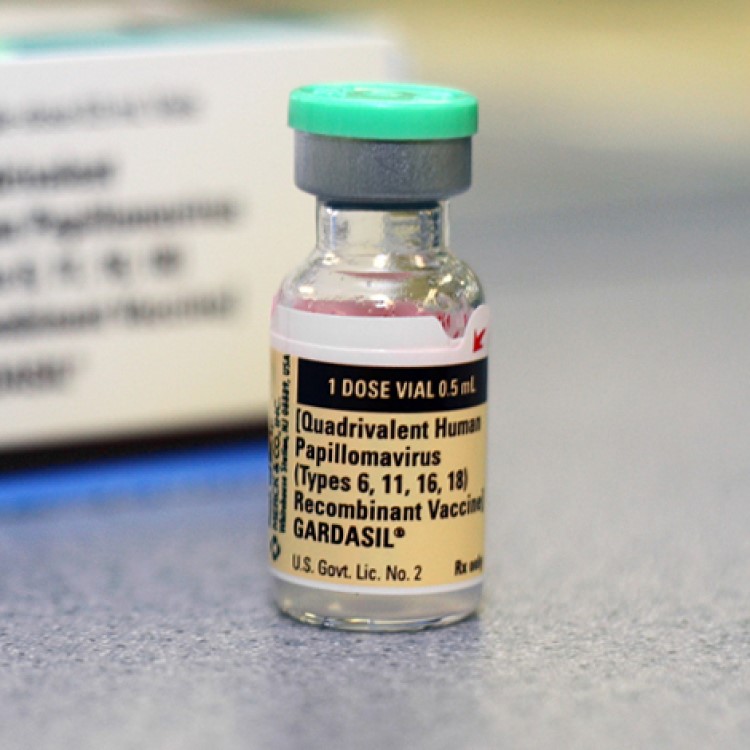
On Oct. 5, 2018, the FDA announced it had approved a supplemental application for Gardasil 9 (Human Papillomavirus…
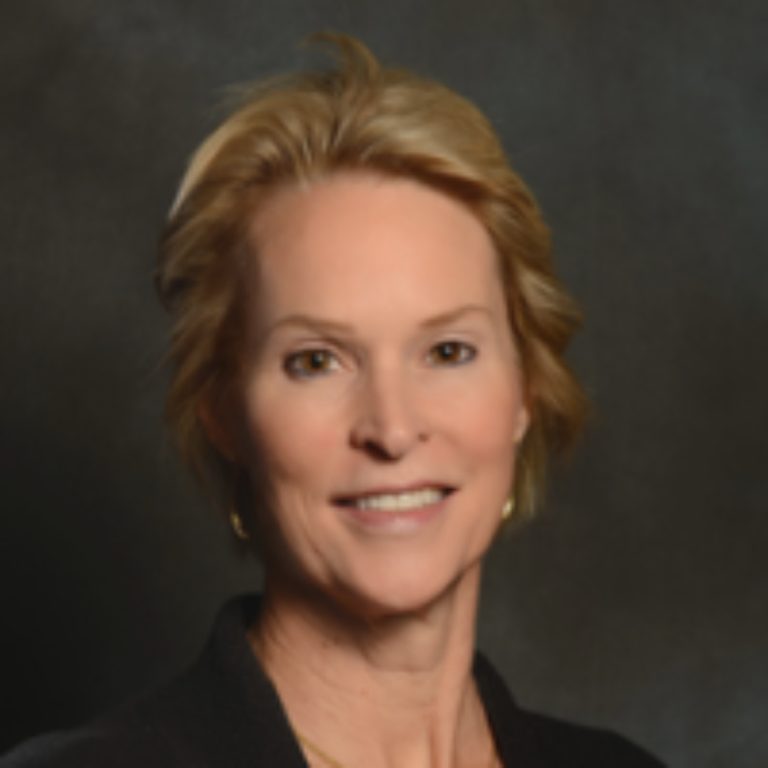
On Oct. 3, 2018, the Nobel Foundation announced that Frances H. Arnold had won a share of the…
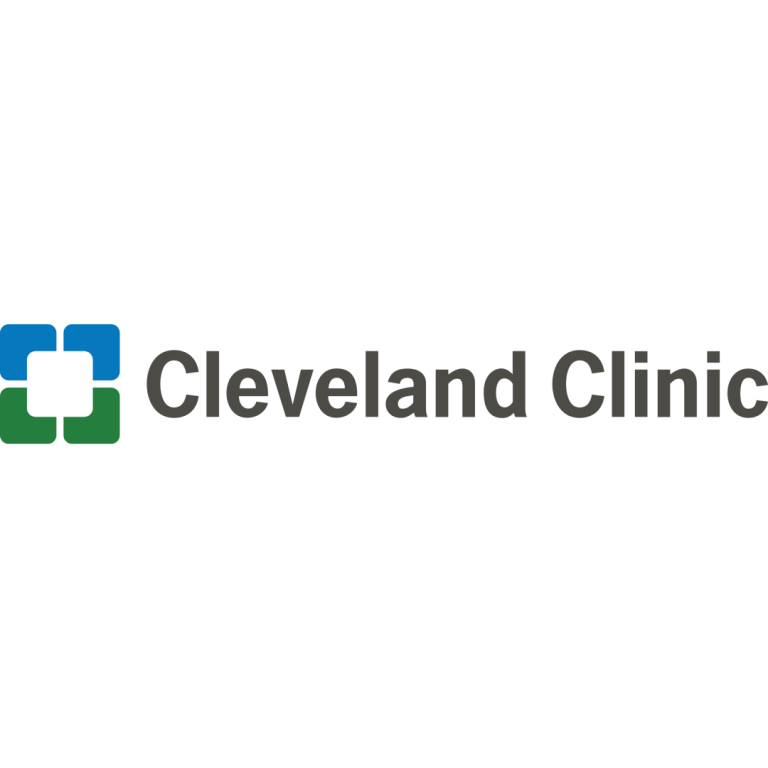
On Oct. 2, 2018, Martin Health System and Cleveland Clinic signed a definitive agreement resulting in Martin Health…
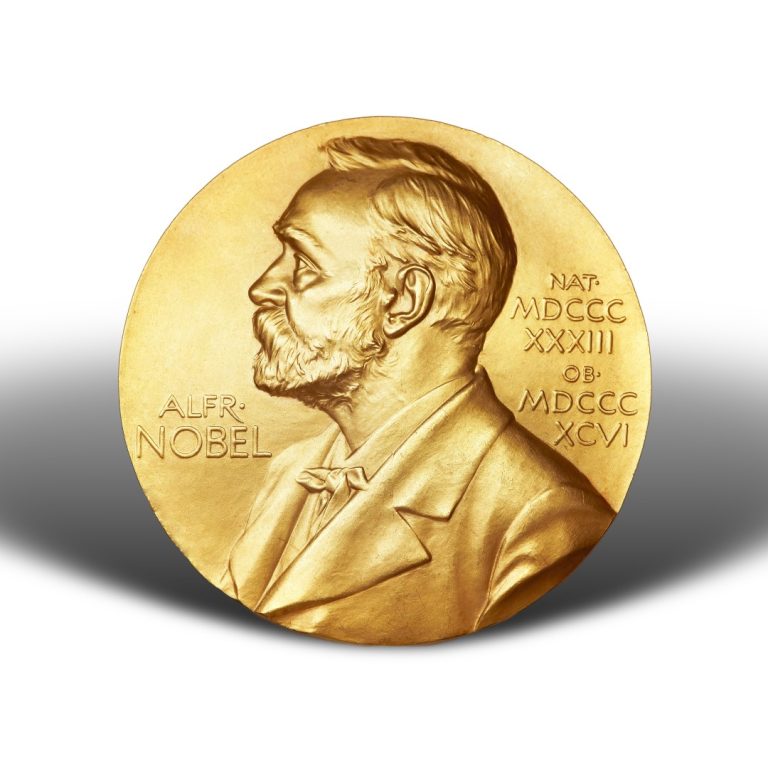
On Oct. 1, 2018, James P. Allison, a native of Alice, Texas, son of a country doctor, and…
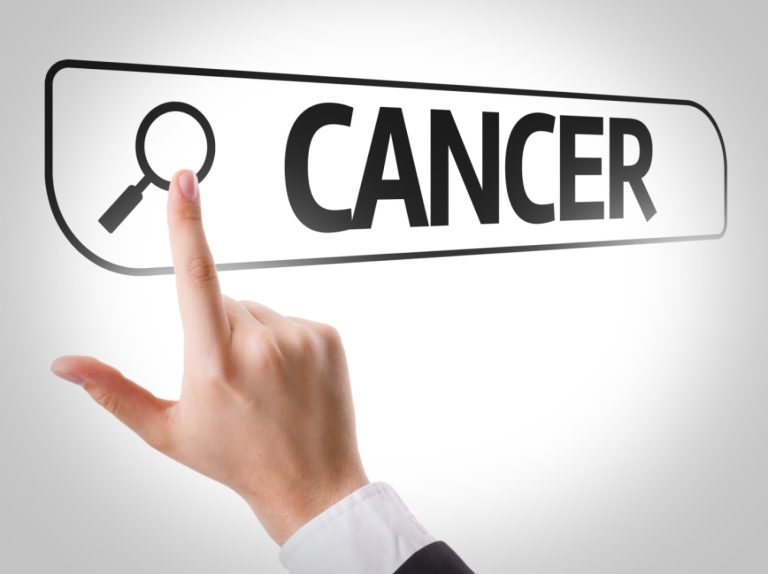
On Sept. 27, 2018, St.ᅠJude Children’s Hospital and the World Health Organization announced a five-year collaboration to transform…
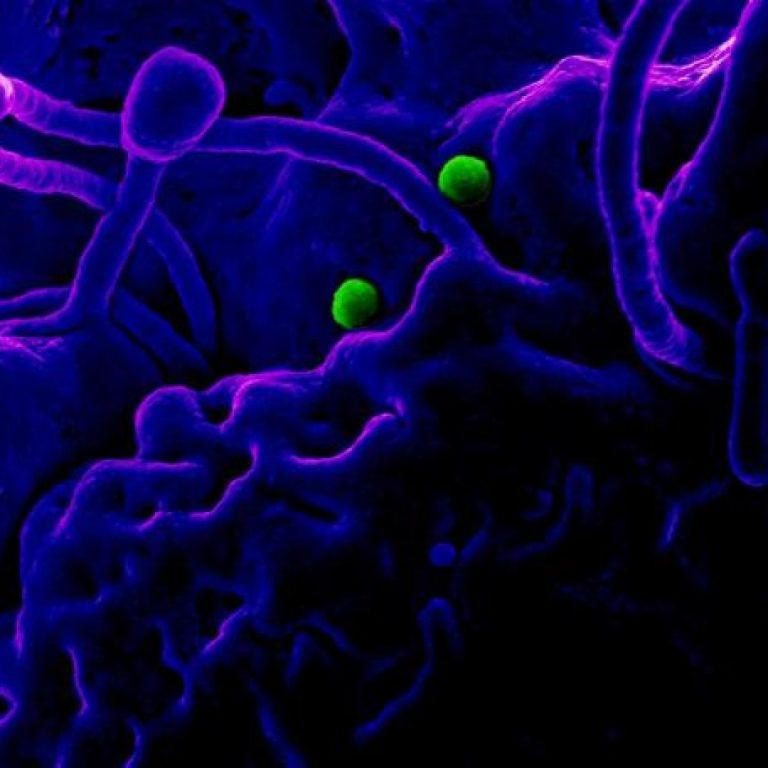
On Sept. 27, 2018, CEPI (the Coalition for Epidemic Preparedness Innovations) announced a collaboration with The Jenner Institute…
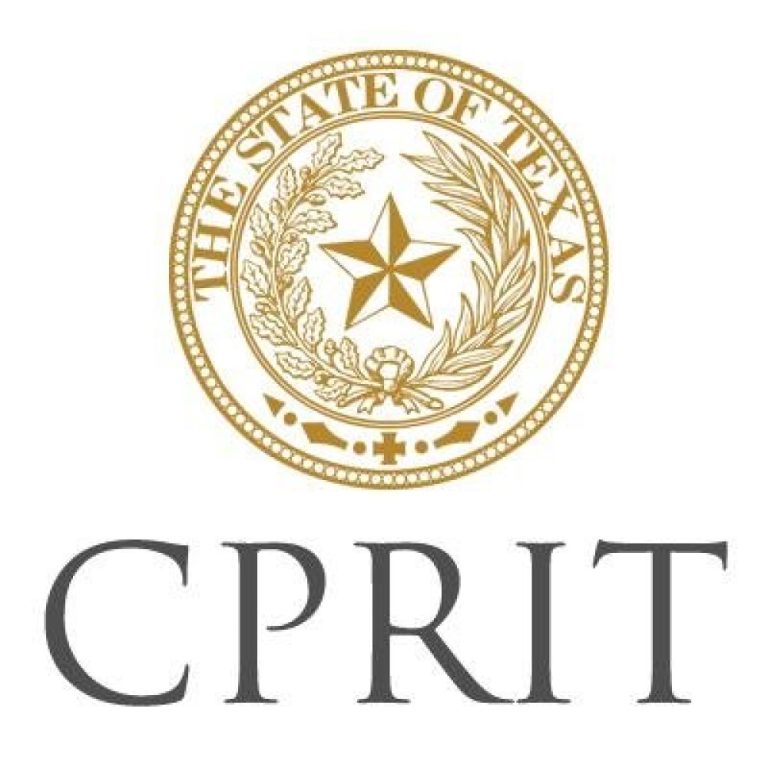
On Sept. 25, 2018, the Cancer Prevention and Research Institute of Texas (CPRIT) announced the formation of the…
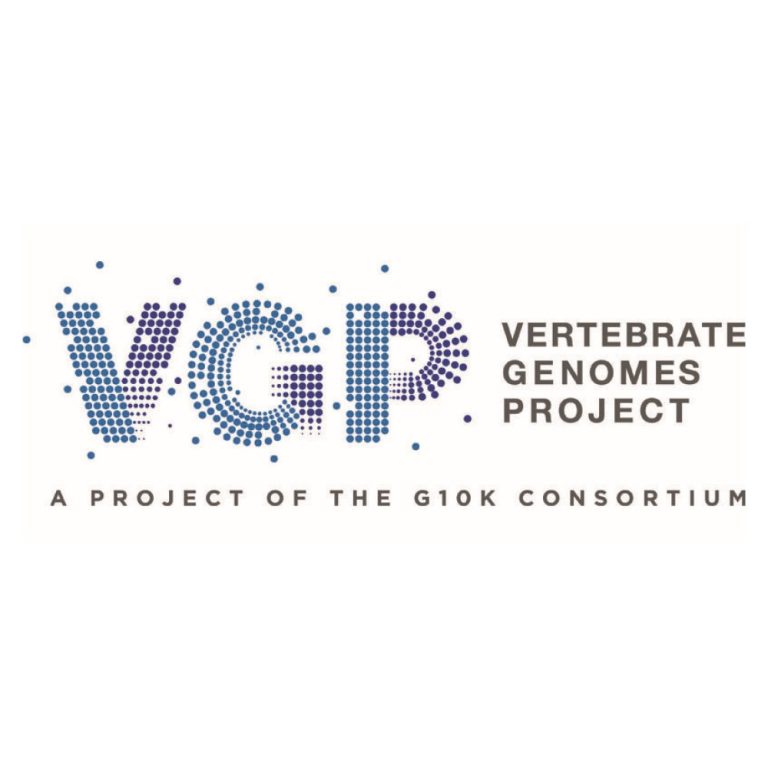
On Sept. 13, 2018, the Genome 10K (G10K) announced the launch of the international Vertebrate Genomes Project (VGP),…
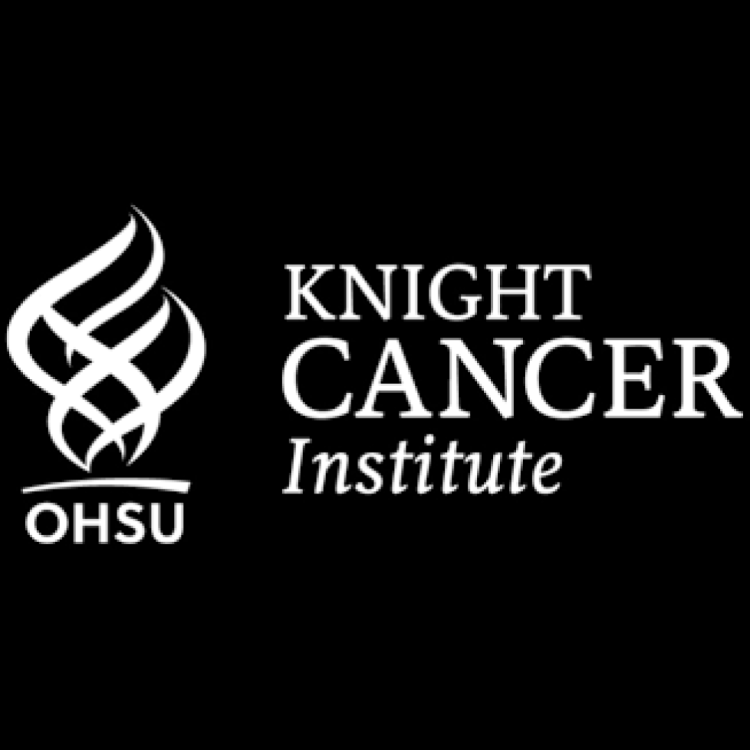
On Sept. 7, 2018, Oregon Health & Science University (OHSU) announced the official completion of the Knight Cancer…
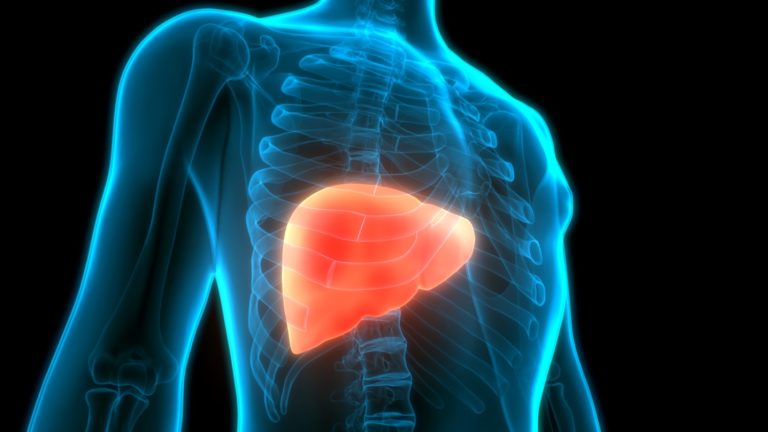
On Aug. 29, 2018, the Cancer Prevention and Research Institute of Texas (CPRIT) announced it would invest up…
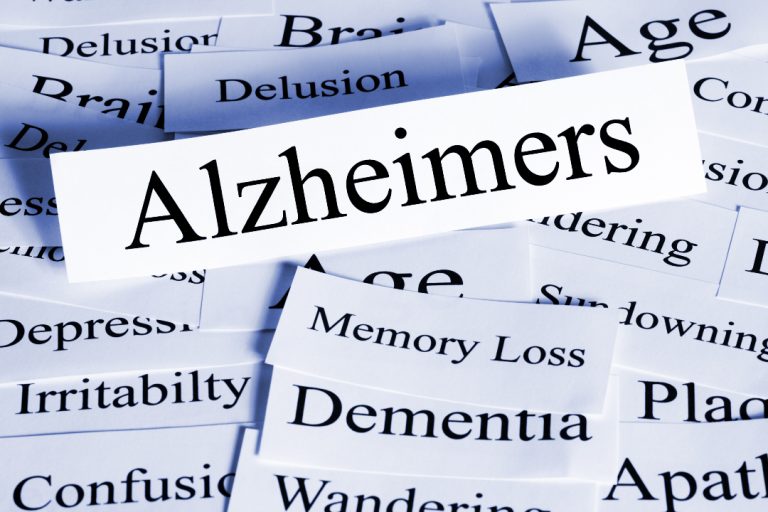
On Aug. 24, 2018, Emory Universityメs Alzheimer’s Disease Research Center was renamed the Goizueta Alzheimer’s Disease Research Center,…
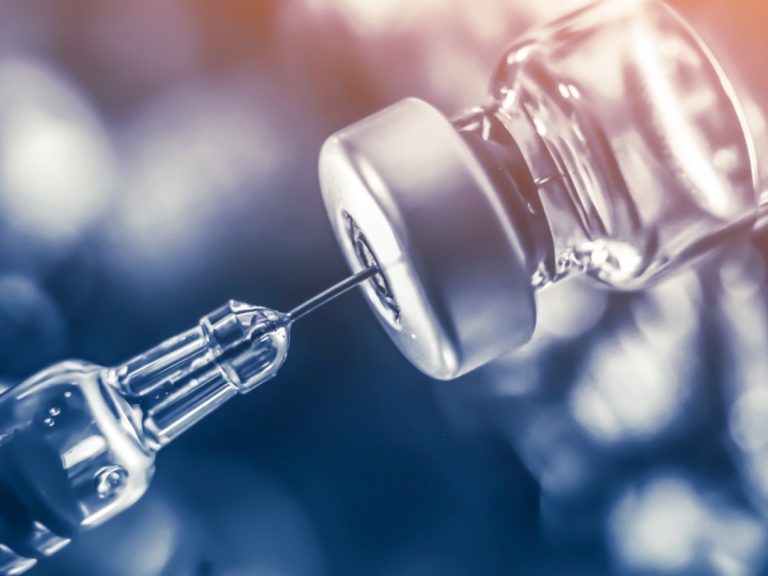
On Aug. 24, 2018, the Cancer Prevention and Research Institute of Texas (CPRIT) announced it passed a $2…
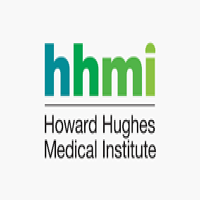
On Jul. 19, 2018, scientists at HHMI announced detailed imaging of the entire brain of an adult female…
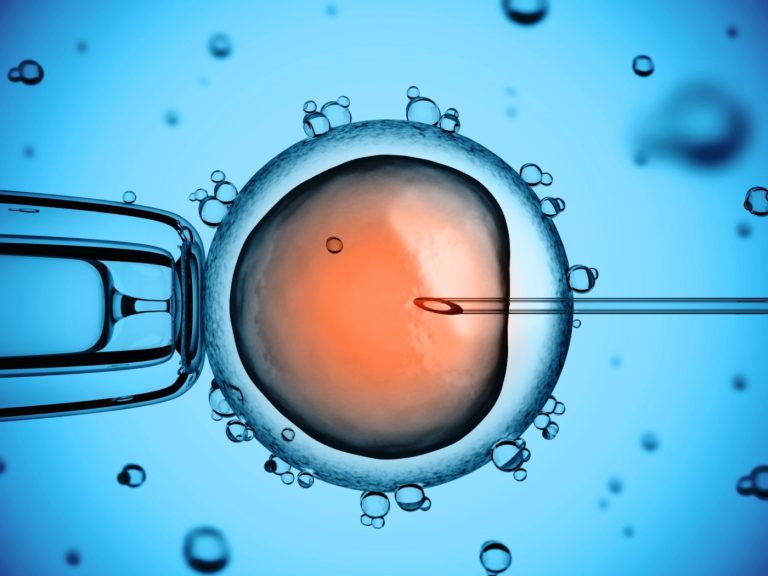
On Jul. 18, 2018, the Nuffield Council on Bioethics said that changing the DNA of a human embryo…
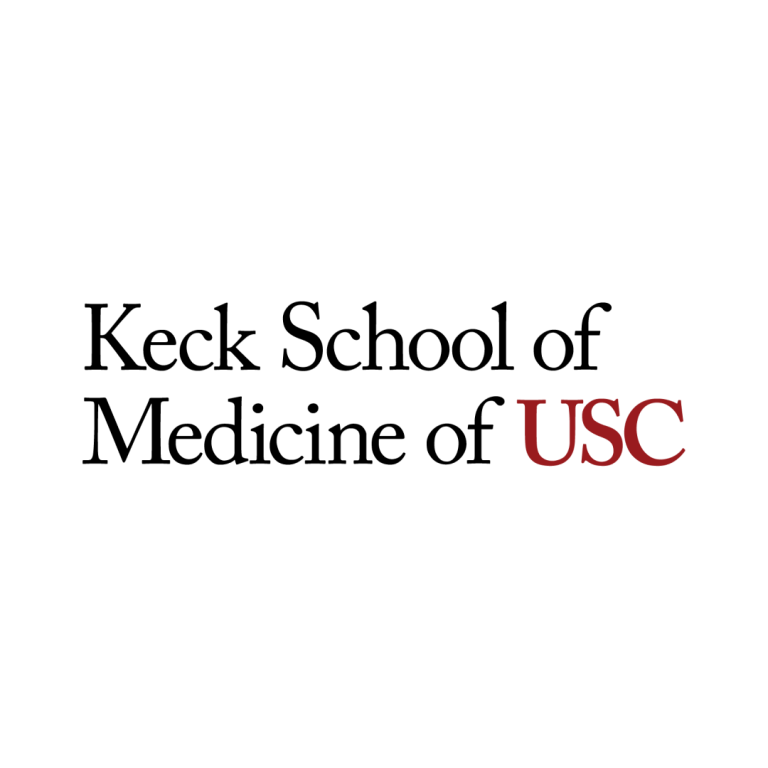
On Jul. 17, 2018, the Keck School of Medicine of USC announced that it was leading a $26.5…
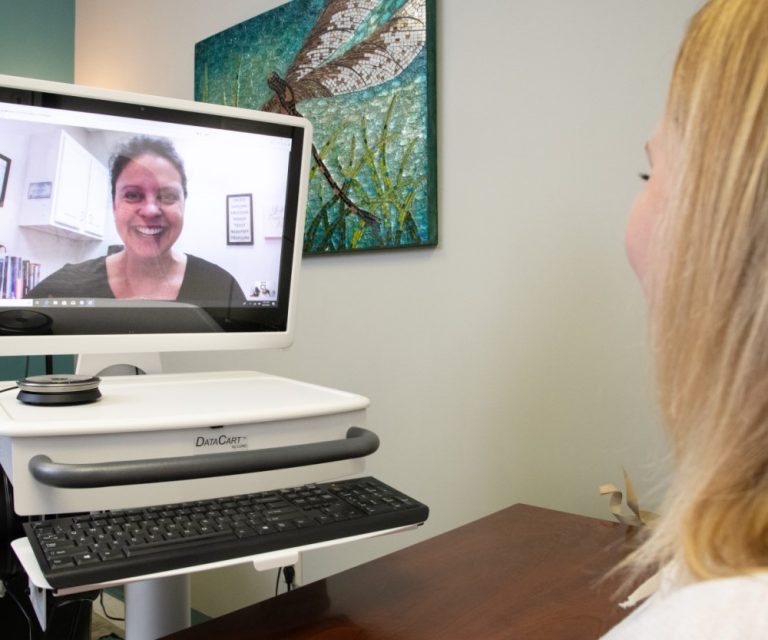
On Jul. 12, 2018, Cue Health announced that is had been awarded up to $30 million in base…

On Jul. 6, 2018, Teva Pharmaceuticals announced it would move its U.S. headquarters to Parsippany-Troy Hills, New Jersey…
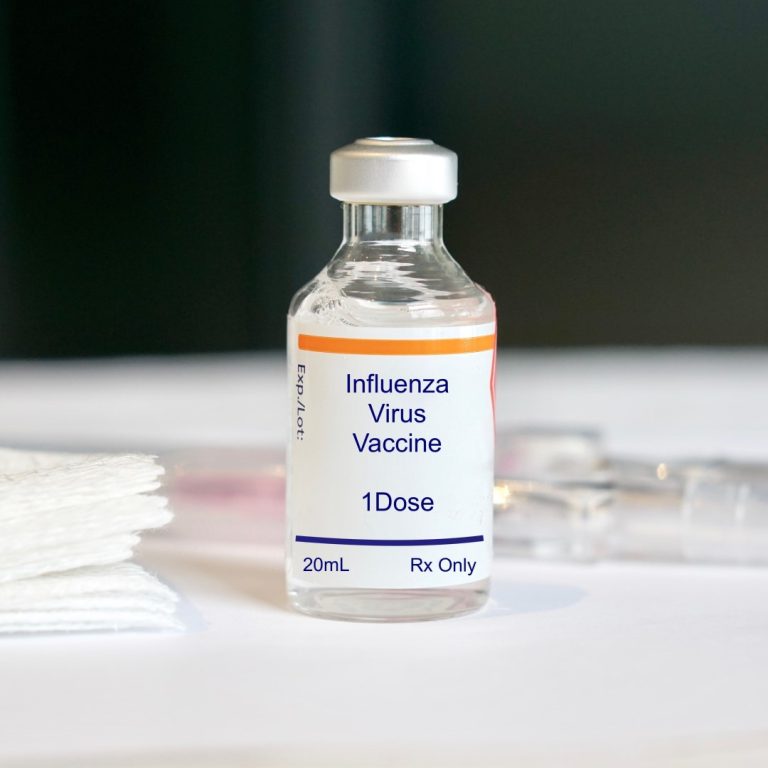
On Jun. 8, 2018, the U.S. Centers for Disease Control and Prevention (CDC) published Immunization Practices Advisory Committee…
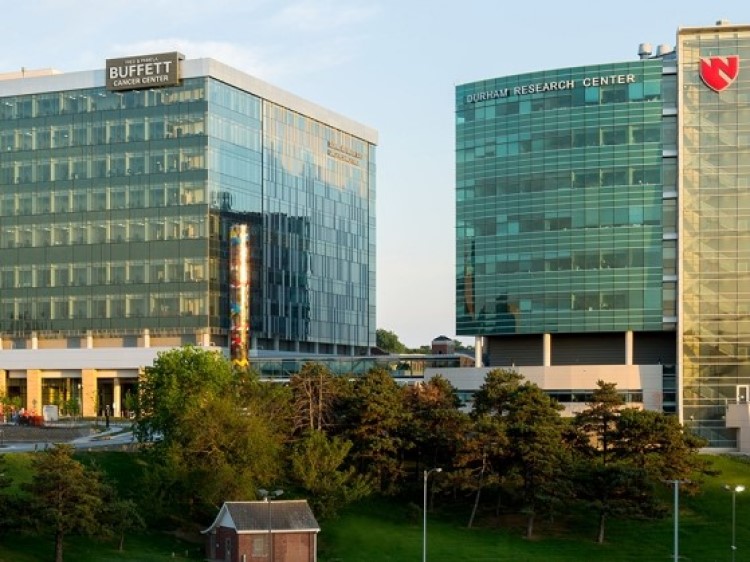
On Jun. 5, 2018, a new flagship cancer center was established as the Fred & Pamela Buffett Cancer…
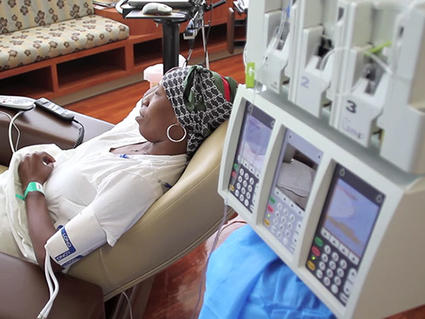
On Jun. 3, 2018, findings were reported from the groundbreaking Trial Assigning Individualized Options for Treatment (Rx), or…

On Jun. 1, 2018, the American College of Obstetricians and Gynecologists (ACOG) issued a committee opinion on maternal…
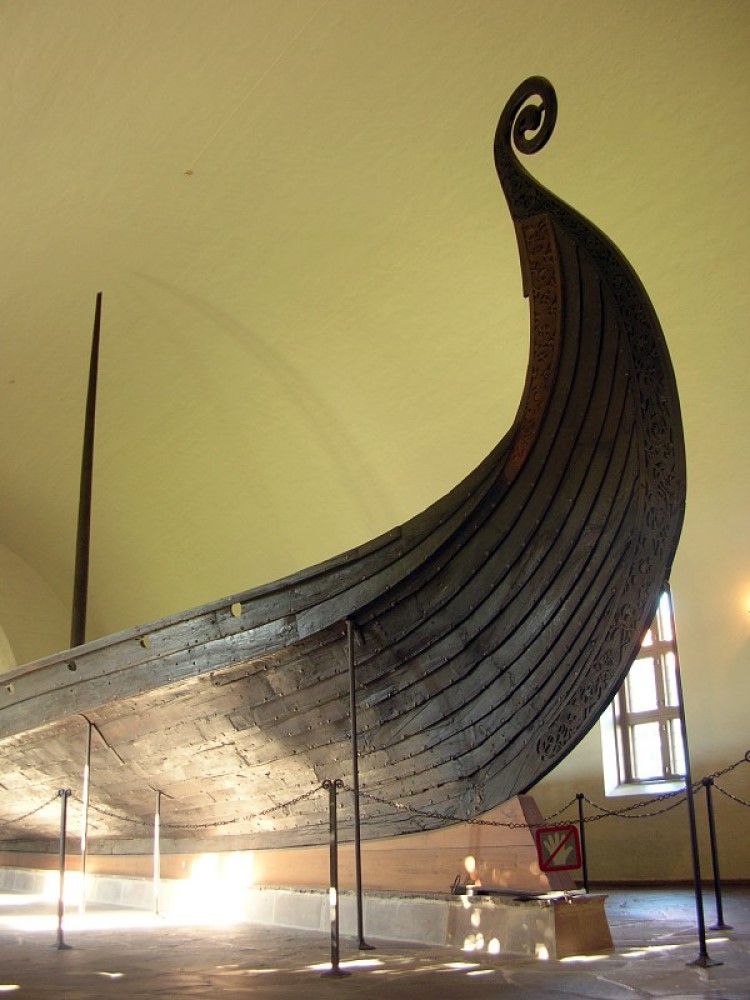
On May 31, 2018, deCODE genetics published new findings about the founding of the Icelandic population, and its…

On May 31, 2018, the Cancer Prevention and Research Institute of Texas (CPRIT) announced a new Early Translational…